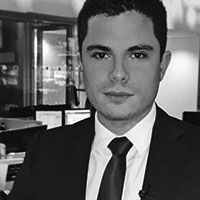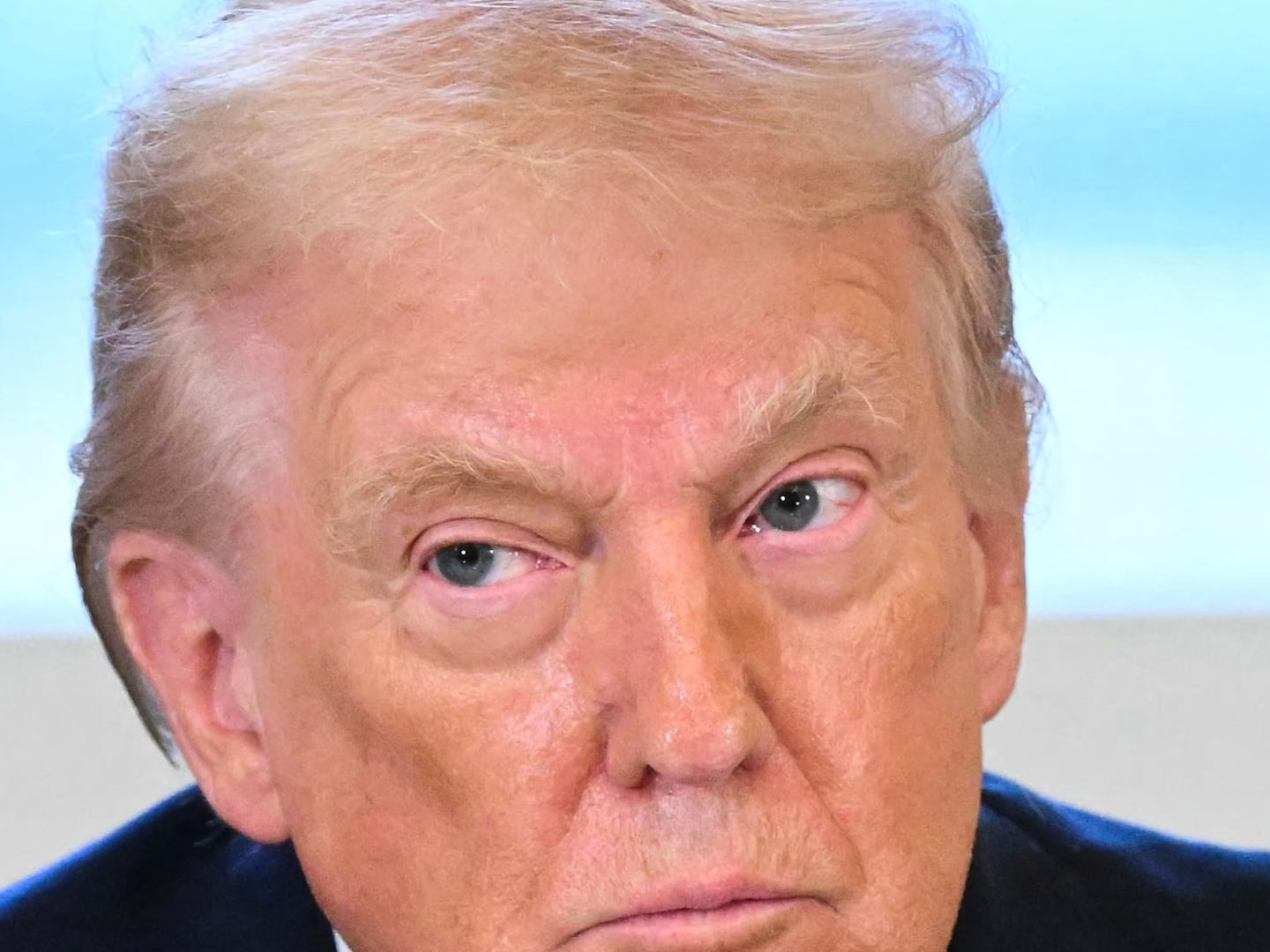President Barack Obama will be traveling to Cuba at the end of this month. Some people believe that this is the whipped cream and cherry on top of a new, unfreezing era between the United States and Cuba. Others say that this is the grand finale of a circus production that puts the U.S. government to shame. Me, as a Cuban living on the island until recently, I have mixed feelings about his visit.
There are only 90 miles of ocean between the longest dictatorship in the Americas and the longest uninterrupted democracy. These waters are filled with tears for the disappearance of thousands of Cuban rafters who fled the Castro government and its miseries; this is a narrow sea that divided for many years families, friends, and lovers.
Cuba has not changed. Fidel Castro ousted a dictatorship only to establish his own. He seized power violently: robbing, expropriating, and executing Cubans. The world must not forget it. Not once did he call for open elections. He took over the media, transforming it into a big public relations machine for the state, and he expropriated all forms of private property during the ’60s.
Fidel established an era of hate among brothers, the world of “us“ and “them,” a time of discrimination against all Cubans who kept contact with their families abroad, and the repression and confinement of artists, religious people, and homosexuals.
Cuba has not changed. Raúl Castro did not become president by winning any elections either. He inherited power by blood, just as monarchies do (and Cuba’s long time ally, North Korea).
Some call Raúl a “reformist,” because he allowed us Cubans to enter hotels in our own country, because he gave us the right to buy and sell houses and cars, because he entitled us to have a cell phone line (with the world’s most expensive prices), and because he has reduced the barriers for Cubans to leave the country.
It’s all makeup, a façade, yet people in Cuba and the wider world are persuaded to say they are grateful. Have they not realized that Raúl has done nothing but to reinstate basic human rights that are taken for granted in the rest of the world, and that were sequestered by his brother for decades?
And then, Barack Obama, the leader of “the empire,” as we grew up being told, this “evil enemy of Cuba,” announces that he intends to normalize relations between the two countries. And suddenly, after 54 years of brain washing to the contrary, the president of the United States becomes “an honest man” and the new enemy of Cuba is now “the Miami mafia,” a term that has yet to be defined.

Cuba has not changed. Yes, there is a new flag waving along Havana’s malecón. Yes, the number of American visitors has increased significantly. Yes, we’ve seen many a congressman, governor, and other politicians shaking hands with Cuban officials. But that’s about it.
By the way, some people attribute the increase of Internet access on the island to the new U.S. regulations, but that has nothing to do with it. The new WiFi spots through which Cubans can go online are courtesy of China’s Huawei.
And now, Obama is visiting.
There are two types of feelings associated with the president’s visit: optimism and fear.
Optimism, because many believe that this new era will bring about changes in the day to day life of Cubans sooner or later, and will put an end to the backwards discourse of the Castro regime about the U.S.
But many feel fear. Fear that nothing will change. Fear to come to realize that, after all, the United States was not the cause of the poverty and repression in Cuba. Fear of a parent that he will continue to struggle to ensure a daily meal for his kids for years to come. Fear that the house where three generations live together will fall for lack of maintenance, that average families can’t afford. Fear to continue to be imprisoned just for expressing one’s ideas freely.
There are those who believe that the exchanges with American citizens will bring democracy to Cuba. I’ve never understood this theory. In Cuba we receive visitors on a daily basis from Canada, Spain, France, Switzerland, Italy, Mexico… These are tourists from well establish democracies who engage with Cubans, and they have not brought us democracy. What makes Americans different?
President Obama is right when he says that 58 years of isolation has not produced any change in the island that resulted in benefits for the Cuban population. But neither has the year and three months of the engagement era. On the contrary, according to the Cuban Commission of Human Rights, in the first two and a half months of 2016 there have been 2,500 politically motivated arrests, the highest rate in decades.
Since Dec. 17, 2014, when the move toward normalization was announced, we are seeing the highest exodus of Cubans in the country’s history. More than 45,000 Cubans have entered the United States in the past year, seeking political asylum. From November 2015 to March 2016, Central America has lived a human crisis as Cuban migrants struggle to reach the U.S. border by land.
But there is something that differentiates Obama from other leaders in the world. He has repeated on several occasions that during his visit to Cuba he will publicly express his rejection of the human rights violations that the Castro regime promotes. If he keeps his word, Obama will have done what no other president did before.
Recently, leaders seem to forget the situation in Cuba. The president of France, François Hollande, who had called for the freedom of Cuban political activists 10 years back, let them slip by during his visit in 2015. Later in the year, Pope Francis happily embraced Fidel Castro, a symbolic gesture that few Cubans will forget. But calling for democracy and respect for human rights… no, they forgot to do that.
So, I wish President Obama all the best during his visit to Cuba. And I sincerely hope he enters the history books by being the first leader who calls for respect for human rights while in the island. And during his negotiations on this point, Obama must have absolute clarity about one thing: Cuba has not changed. It is sill a dictatorship.






